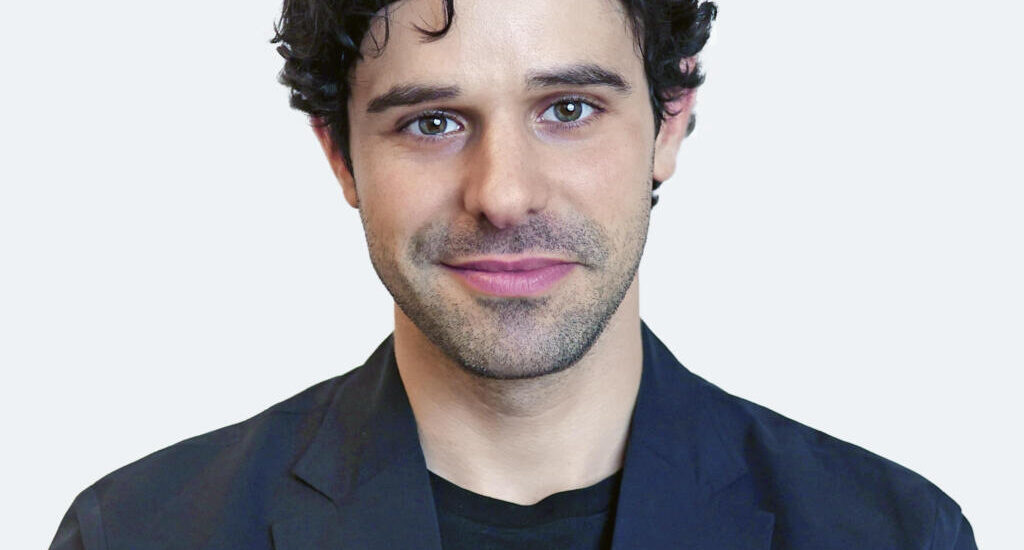


When I sat down (virtually) with Marc Iserlis, head of the film division at Republic, it was clear I wasn’t just talking to someone who’s “in the know” about entertainment. I was speaking to someone actively rewriting the rules. From his roots in Singapore, where he bridged international investors with indie films, to his current mission to democratize film financing, Marc has become a disruptor in one of Hollywood’s most tightly controlled spaces.
With Republic, Marc is leading a paradigm shift: from crowdfunding to crowd-investing, where fans don’t just donate to projects—they co-invest and share in the profits. Think of it as giving everyday people a seat at the table alongside studios and financiers. In our conversation, Marc shared how this model is empowering creatives, engaging audiences, and reshaping the future of filmmaking. If you’ve ever wondered how to truly take control of your film’s funding, this is a conversation you can’t afford to miss.
Tell me a little about Republic and how it’s changing the game for filmmakers.
Republic is a community investing platform with $2.6B+ raised across tech, startups, real estate, and all kinds of private venture opportunities. Now, we’re applying Republic to film in a way that hasn’t been done before. Traditionally, filmmakers rely on high-net-worth individuals or studios for funding, but the power and equity are heavily skewed. What we’re doing is creating an additional capital channel: making it possible for fans and everyday people to invest in film projects they’re passionate about–and share in the success.
This isn’t traditional ‘crowd-funding’ where you’re asking people to donate; it’s crowd-investing, where you’re inviting them to co-invest as equity and share in the financial upside. These are legal securities, and Republic is fully licensed and regulated to issue them—even to unaccredited investors in the U.S. and worldwide.
Why is this shift from crowdfunding to crowd-investing so significant?
Crowdfunding often carries a stigma in the film world. Crowd-investing flips that narrative. It’s about creating a partnership between creators and their audiences. When fans have a financial stake, they become evangelists of your project in a way that goes beyond that of a traditional audience.
This can impact your film’s bottom line, because a vested audience tells their friends and family to go watch their film, which also saves on marketing costs and trims the fat to profits.
A community of investors can also be used as leverage when negotiating with buyers and distributors: walking into a meeting with a film that already has thousands of invested fans immediately shifts the dynamic and proves you have an audience.
Lastly, the more you can independently finance (with your community), the more you can hold on to your IP and make your projects on your own terms. So, whether it’s financing development, production, distribution (P&A), or even production companies, this model essentially allows the community to play a direct role in greenlighting their next favorite film—and keep it true to the artists vision.
Can you share an example of how this model has worked?
Absolutely! Last year, the studio behind The Walking Dead raised $17.9 million via Republic from fans. Those fans now have equity in the studio. This year, an English football team raised $5.5 million from fans who now own a piece of the team. In September, we launched a development raise from Pressman Film, the producers of American Psycho, Wall Street, and Badlands. They raised $1.9M from fans to develop a slate of bold new projects—a testament to the appetite for this model.
This ownership also comes with perks such as access to special events, credits, and VIP privileges. It’s not just about the money—it’s about community, engagement, and reshaping the relationship between creators and audiences. And we’re just getting started. In 2025, we are announcing more premium filmmakers and production companies who are inviting fans to invest in their slates, films, and production entities–and share in the upside.
What are the biggest challenges you’re facing with this approach?
The biggest hurdle is changing perceptions. Hollywood is very traditional and has this culture of mystique–no one wants to look like they’re asking for money. But the industry has been going through such changes that we’re finally seeing filmmakers and fans wanting to do things differently. Some directors want to return to their independent roots, others want to embrace new technology and have more freedom. With our recent traction and the tangible demand for something outside of the algorithms, I feel the paradigm turning.
How do you ensure projects are a good fit for this model?
It starts with the community narrative. A project might be great; but it needs a built-in audience or a passionate community behind it to successfully raise on Republic. That might come from a beloved talent, a popular IP, or even cultural momentum.
For example, we’re currently working with a renowned director inviting their fans to build the next genre studio with them. We’re also working with a major Bollywood studio to let fans invest in the sequels to their biggest hits. Music and sports-related films also work great–imagine being a rabid sports fan and investing in a biopic about your favorite football team or boxer. Or if you have a documentary addressing a social issue which can tap an organization or Executive Producer who will support the cause and spread the importance of the film’s raise.
What’s your ultimate vision for Republic in the film industry?
I believe Republic.com/film creates a new financing path that can get more movies made, while bridging the disconnect between films and audiences. I see a future where filmmakers don’t have to sacrifice as much of their ownership or creative control to get their projects off the ground, while still collaborating with studios and traditional financiers–just more on their own terms. Ideally, this also results in better movies. And for fans, it’s a chance to shape culture–to invest in the stories they love and share in their success.
——-
Marc Iserlis isn’t just talking about disrupting Hollywood—he’s doing it. And if his vision for the future of film financing becomes reality, filmmakers everywhere might finally have the freedom to create on their own terms.




